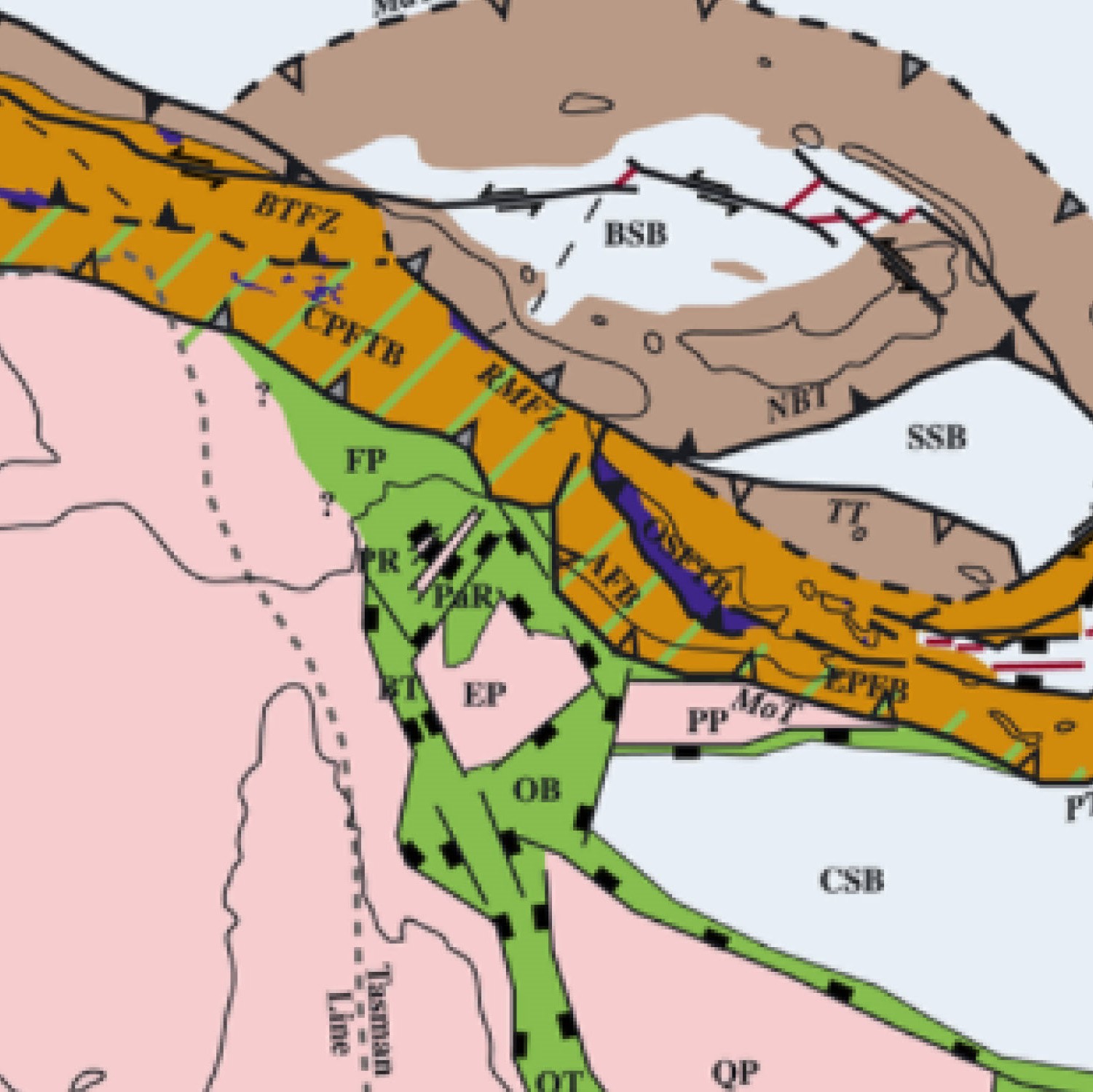Maggie Osburn is a geobiologist/microbial ecologist well known as a Packard Foundation Fellow and National Science Foundation CAREER awardee. It is a great pleasure to see her honored now as the 2023 Sulzman Award winner in recognition of her powerful personal investment in growing young scientists. Maggie started at Northwestern University having already recruited her first undergraduate mentee, thus placing mentoring on the leading edge of her faculty career. The Osburn Wondergrads, as they fondly call themselves, is the largest cluster of undergraduate researchers in our small department. Outcomes are laudable, with peer-reviewed articles, conference presentations, and often the Department Undergraduate Research Award. Maggie has an impressive level of activity directly with all her students, Ph.D. and undergrads alike. The weekly group meetings are convivial and high-energy, with an additional weekly meeting specifically for the undergraduates. Maggie develops a highly integrated and diverse team. All members, including undergraduates, are trained in the most challenging techniques, who are often then empowered with sharing their mastery to new Ph.D. students. Beyond the lab, Maggie steeps her mentees in challenging field campaigns, with sites including alpine British Columbia, the depths of Mammoth Cave, and south to the lagoons of the Yucatán Peninsula. Most of the Wondergrads do not aim for academic pathways, but are equally supported, as they move forward professionally with the U.S. Forest Service, law degrees, or as environmental scientists/engineers. Maggie’s service and teaching contributions also shine. Pretenure, she chaired our Curriculum Committee, moving our curriculum toward equity and accessibility. She created our GeoClub to grow community and skills beyond the classroom. Her courses in microbial ecology and geobiology are now flipped and include active learning lab components, analyzing stunning fossils of early life on Earth, and developing a multiyear window display of colonies inoculated from globally interesting locals. Teaching evaluations are an impressive 97% perfect score. She launched our scientific writing course, which is now held by our college as the example to emulate by all STEM (science, technology, engineering, and mathematics) departments. The course reputation is so great, Maggie has expanded it to meet graduate student requests. Maggie’s contributions echo the spirit of Elizabeth Sulzman’s dedication to undergraduate education. Maggie Osburn is a powerful biogeoscientist who invests herself in education and mentoring, effectively launching many mentees faster and farther into their futures. She is lauded for being dedicated, inspiring, and inclusive.
—Patricia Beddows, Northwestern University, Evanston, Ill.

The Anthropocene has been framed around humanity's impact on atmospheric, biologic, and near‐surface processes, such as land use and vegetati...





